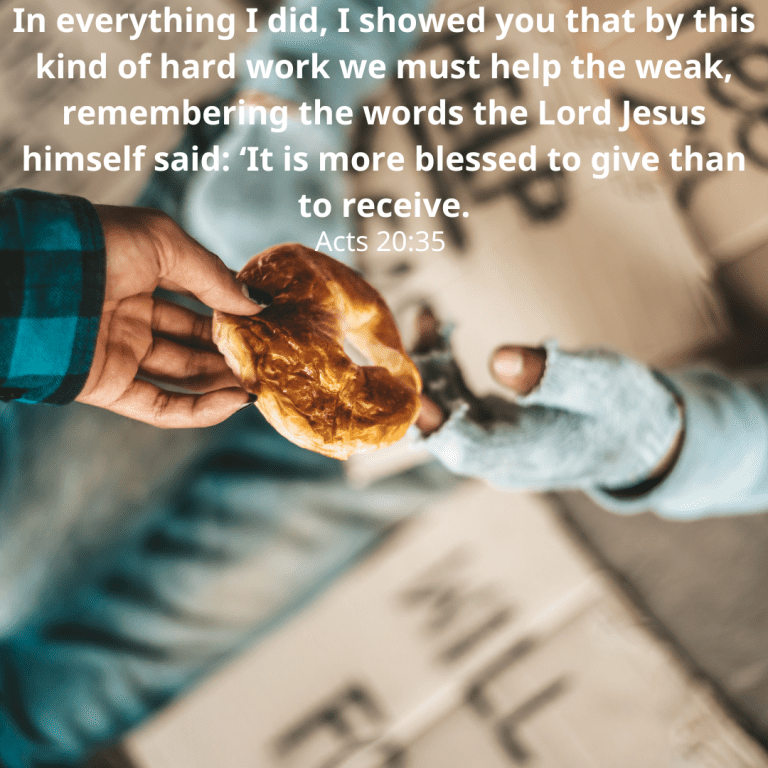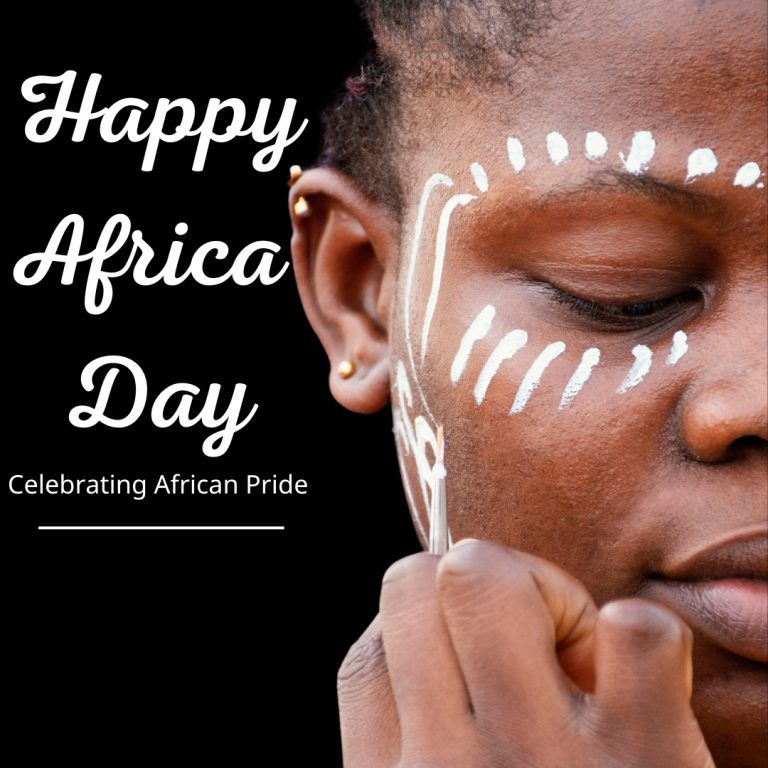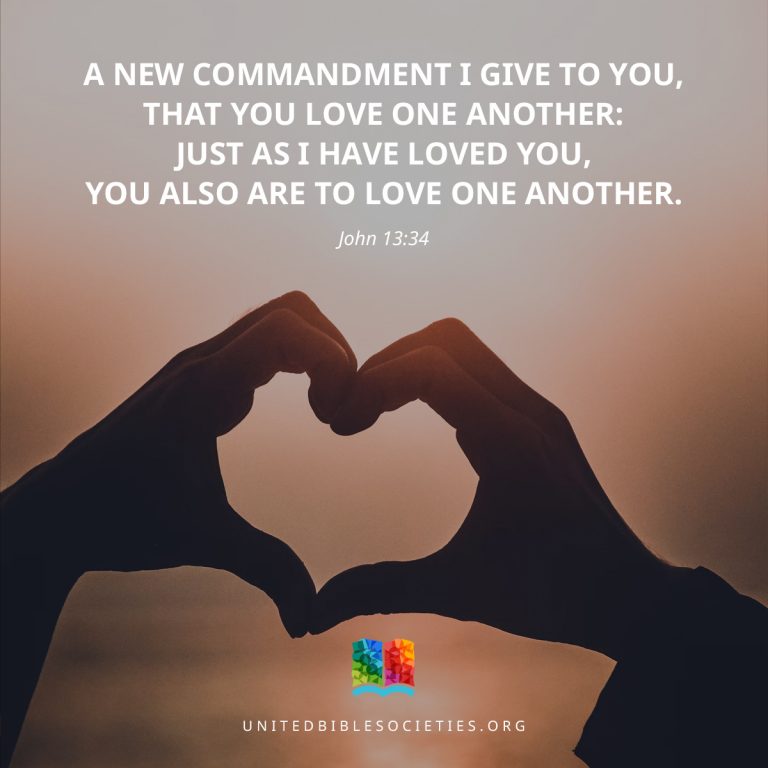God's Word through His Son
1 In the past God spoke to our ancestors many times and in many ways through the prophets, 2 but in these last days he has spoken to us through his Son. He is the one through whom God created the universe, the one whom God has chosen to possess all things at the end. 3 He reflects the brightness of God's glory and is the exact likeness of God's own being, sustaining the universe with his powerful word. After achieving forgiveness for the sins of all human beings, he sat down in heaven at the right side of God, the Supreme Power.
The Greatness of God's Son
4 The Son was made greater than the angels, just as the name that God gave him is greater than theirs. 5 For God never said to any of his angels,
“You are my Son;
today I have become your Father.”
Nor did God say about any angel,
“I will be his Father,
and he will be my Son.”
6 But when God was about to send his first-born Son into the world, he said,
“All of God's angels must worship him.”
7 But about the angels God said,
“God makes his angels winds,
and his servants flames of fire.”
8 About the Son, however, God said:
“Your kingdom, O God, will last forever and ever!
You rule over your people with justice.
9 You love what is right and hate what is wrong.
That is why God, your God, has chosen you
and has given you the joy of an honor far greater
than he gave to your companions.”
10 He also said,
“You, Lord, in the beginning created the earth,
and with your own hands you made the heavens.
11 They will disappear, but you will remain;
they will all wear out like clothes.
12 You will fold them up like a coat,
and they will be changed like clothes.
But you are always the same,
and your life never ends.”
13 God never said to any of his angels:
“Sit here at my right side
until I put your enemies
as a footstool under your feet.”
14 What are the angels, then? They are spirits who serve God and are sent by him to help those who are to receive salvation.
Ole gə-Rəmwa galwaɽəntəndr Id̶iaga
1 Iliga ləpənde ram Rəmwa raɽwatiṯu d̶aṯanda ñoman ñwaiña na rad̶əra rwaiña ɽetəɽeteo ëiñuaya yalanəbiya. 2 Orn iliga ildi lənḏurṯu rënəŋu ralwaɽəṯəndr Id̶iaga, igi rid̶əma ṯa aŋərraṯe eŋen pred̶. Rënəŋu rid̶u alo na laŋge pred̶ ŋuga. 3 Gënəŋu gaɽo d̶əwad̶ialo d̶əŋaɽrwa ŋə-Rəmwa, na garno Rəmwa d̶urri. Gënəŋu gabëndeicia laŋge pred̶ ŋenŋa ŋəlëɽəŋu iŋi ŋerṯo ŋabəɽa pred̶. Ndə gətəɽe led̶a eŋen eŋen ŋeicia, gënəŋu nəŋəɽaŋe alo nḏəŋ d̶əŋaicəba d̶ə-Rəmwa irri rerṯo ŋaɽrwa pred̶ elo.
Id̶ia gə-Rəmwa goɽra gaməñaṯo malaiyəka
4 Id̶ia gə-Rəmwa gid̶ənu goɽra kaiñ gəməñaṯo malaiyəka pred̶, ŋen ŋarno irəŋ igi gënəŋu gəneinu goɽra kaiñ gəməñaṯo ndrəŋ nəmalaiyəka.
5 Ŋen ŋanṯa Rəmwa rero rəlwaɽəṯia malaiyəka d̶ənəŋ lomanəŋ ṯa,
“Aganəŋa agaɽo id̶ia gəlëɽəñi d̶əñid̶i egaləŋaŋa.”
Na Rəmwa rero rəlwaɽəṯia malaiyəka com ṯa,
“Igid̶i eɽeṯe eṯen,
na d̶ënəŋu d̶id̶i ad̶əɽeṯe id̶ia gəlëɽəñi.”
6 Na ndə rəd̶waṯo Id̶ia gəlëɽəŋu alo, igi gələŋənu ananoŋ, rënəŋu raṯa ṯa,
“Ŋgiṯr malaiyəka pred̶ yi-Rəmwa aiyəmukwud̶əñiṯialo.”
7 Rënəŋu ralwaɽo eŋen ŋəmalaiyəka ṯa,
“Rënəŋu rëbəd̶ia malaiyəka ilëɽəŋu ṯa aiyarneṯe d̶əbera,
na ləbai əllëɽəŋu ṯa alɽeṯe rəŋəla risa yoɽa.”
8 Orn rënəŋu ralwaɽo eŋen ŋ-Id̶ia ṯa,
“Ŋələŋe ŋəlaɽəŋa, ya Rəmwa, ŋid̶i aŋəfeṯe bəɽəbəte.
Ŋaməla ŋəŋələŋe ŋəlaɽəŋa ŋaɽo ŋaməla eŋen ŋəd̶urwaṯo.
9 Aganəŋa agəbwa ŋenŋa ŋəd̶urwaṯo na aganed̶o ŋen ŋeicia.
Ŋen ŋafəṯia Rəmwa, fə-Rəmwa rəlaɽəŋa raicwad̶aṯaŋa
ŋela nano ŋəd̶əŋəra nano ŋen ŋəməñaṯo lorldalo pred̶.”
10 Na ralwaɽo təŋ ṯa,
“Aganəŋa, ya Eləŋ Rəmwa, agid̶u ad̶una yalo ananoŋ
na elo yid̶ənu rəŋəra rəlaɽəŋa.
11 Yënəŋulu yid̶i aiyəməndëd̶əni,
orn aganəŋa agid̶i ŋafeṯe bəɽəbəte.
Yënəŋulu yid̶i aiyəcwarṯe ŋen ŋarno erenia,
12 na agid̶i ŋaləpweid̶i ŋen ŋarno erenia
na yid̶i aiyəməlëd̶əni.
Orn aganəŋa agaber agid̶i ŋaməlëd̶əni kwai kwai,
na nṯəlia nəlaɽəŋa naber nid̶i anəbəɽinḏeini.”
13 Rəmwa rero rəlwaɽəṯia malaiyəka d̶ənəŋ lomanəŋ ṯa,
“Ɽaŋalo nḏəŋ d̶əlëɽəñi d̶əŋaicəba,
ŋen igəmulu igəbəd̶ia led̶a ləgeiyaŋa ṯa alɽeṯe waŋge gərəmanəŋ rəlaɽəŋa.”
14 Gerṯe malaiyəka pred̶ yaɽo nusila ini nəd̶uɽəd̶ənia, ini nəṯweinia ṯa anəd̶uɽəd̶əni ŋen ŋanṯa led̶a ildi lid̶i alëbərni?



